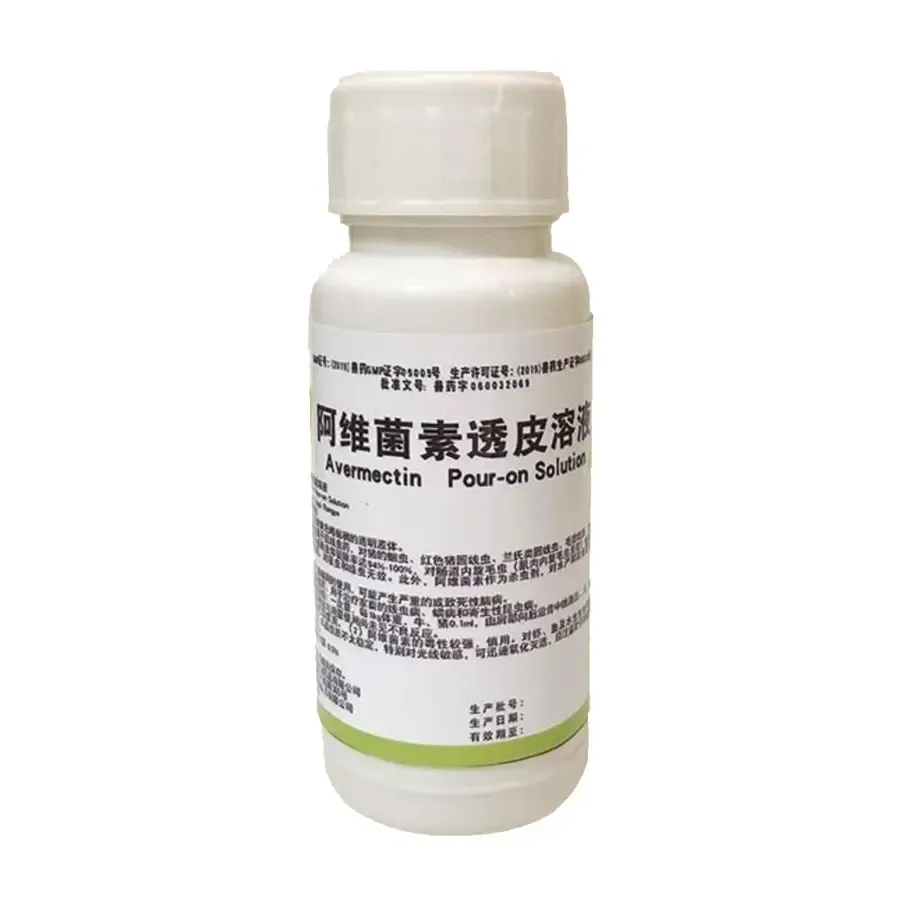- Afrikaans
- Albanian
- Amharic
- Arabic
- Armenian
- Azerbaijani
- Basque
- Belarusian
- Bengali
- Bosnian
- Bulgarian
- Catalan
- Cebuano
- Corsican
- Croatian
- Czech
- Danish
- Dutch
- English
- Esperanto
- Estonian
- Finnish
- French
- Frisian
- Galician
- Georgian
- German
- Greek
- Gujarati
- Haitian Creole
- hausa
- hawaiian
- Hebrew
- Hindi
- Miao
- Hungarian
- Icelandic
- igbo
- Indonesian
- irish
- Italian
- Japanese
- Javanese
- Kannada
- kazakh
- Khmer
- Rwandese
- Korean
- Kurdish
- Kyrgyz
- Lao
- Latin
- Latvian
- Lithuanian
- Luxembourgish
- Macedonian
- Malgashi
- Malay
- Malayalam
- Maltese
- Maori
- Marathi
- Mongolian
- Myanmar
- Nepali
- Norwegian
- Norwegian
- Occitan
- Pashto
- Persian
- Polish
- Portuguese
- Punjabi
- Romanian
- Russian
- Samoan
- Scottish Gaelic
- Serbian
- Sesotho
- Shona
- Sindhi
- Sinhala
- Slovak
- Slovenian
- Somali
- Spanish
- Sundanese
- Swahili
- Swedish
- Tagalog
- Tajik
- Tamil
- Tatar
- Telugu
- Thai
- Turkish
- Turkmen
- Ukrainian
- Urdu
- Uighur
- Uzbek
- Vietnamese
- Welsh
- Bantu
- Yiddish
- Yoruba
- Zulu
7 月 . 29, 2024 06:06 Back to list
Exploring the Effects of Phosphate Injection on Soil Nutrient Levels and Plant Growth Performance
The Importance of Phosphate Injection in Various Industries
Phosphates, derived from phosphorus, are essential compounds that play a critical role in several industrial processes, agriculture, and even environmental management. One of the most significant methods of utilizing phosphates is through phosphate injection, a technique used in various applications, including wastewater treatment, food processing, and agricultural fertilization.
Understanding Phosphate Injection
Phosphate injection involves introducing phosphate compounds into a system to achieve specific outcomes. This technique is prominent in many sectors, primarily due to phosphates' ability to enhance chemical reactions, promote plant growth, and mitigate environmental concerns. The injected phosphates can come in various forms, including phosphoric acid, sodium phosphate, and ammonium phosphate, depending on the requirements of a particular application.
Role in Agriculture
In agriculture, phosphate injection is crucial for enhancing soil fertility and promoting plant growth. Phosphorus is one of the three primary nutrients that plants need — alongside nitrogen and potassium — to thrive. When injected into the soil or applied as a liquid fertilizer, phosphates improve the availability of phosphorus to plants, thereby increasing crop yield and quality.
Moreover, using phosphate injection can lead to more efficient nutrient utilization
. By delivering phosphates directly to the root zone of plants, farmers can minimize nutrient runoff and reduce wastage. This precision not only benefits crop production but also contributes to sustainable agricultural practices, reducing environmental impact.Application in Wastewater Treatment
phosphate injection

Phosphate injection also plays a vital role in wastewater treatment. In many regions, phosphates are a significant contributor to water pollution, leading to issues such as algal blooms that can harm aquatic ecosystems. By injecting phosphates into wastewater treatment systems, facilities can help stabilize and control phosphate concentrations, preventing excessive nutrient accumulation in receiving waters.
Additionally, the use of phosphates in wastewater processes can aid in the precipitation of heavy metals and other pathogens, thereby enhancing water quality. This treatment process is critical for meeting regulatory standards and ensuring the safety of water bodies used for recreation and drinking.
Food Processing and Preservation
In the food industry, phosphate injection is utilized to enhance the quality and shelf life of various products. Phosphates serve as emulsifiers, stabilizers, and moisture retainers, ensuring that processed foods maintain their texture and flavor. For instance, phosphate compounds are commonly injected into meats during processing to prevent spoilage and enhance juiciness.
Furthermore, phosphates are used in the production of soft drinks and other beverages, providing a unique flavor profile while stabilizing the ingredients. The careful injection of phosphates in food products reflects a broader trend toward improving food quality and safety, catering to consumer preferences for healthier and more sustainable options.
Conclusion
Phosphate injection is a multifaceted technique with significant implications across various industries. Its role in enhancing agricultural productivity, improving wastewater treatment processes, and maintaining food quality exemplifies the versatility and necessity of phosphates in modern society. As industries continue to evolve, the innovative application of phosphate injection will likely expand, contributing to sustainability and efficiency goals. By understanding the importance of this technique, we can better appreciate the role phosphates play in supporting our agricultural systems, protecting our water resources, and ensuring the safety and quality of our food supply.
-
The Power of Radix Isatidis Extract for Your Health and Wellness
NewsOct.29,2024
-
Neomycin Sulfate Soluble Powder: A Versatile Solution for Pet Health
NewsOct.29,2024
-
Lincomycin Hydrochloride Soluble Powder – The Essential Solution
NewsOct.29,2024
-
Garamycin Gentamicin Sulfate for Effective Infection Control
NewsOct.29,2024
-
Doxycycline Hyclate Soluble Powder: Your Antibiotic Needs
NewsOct.29,2024
-
Tilmicosin Premix: The Ultimate Solution for Poultry Health
NewsOct.29,2024













